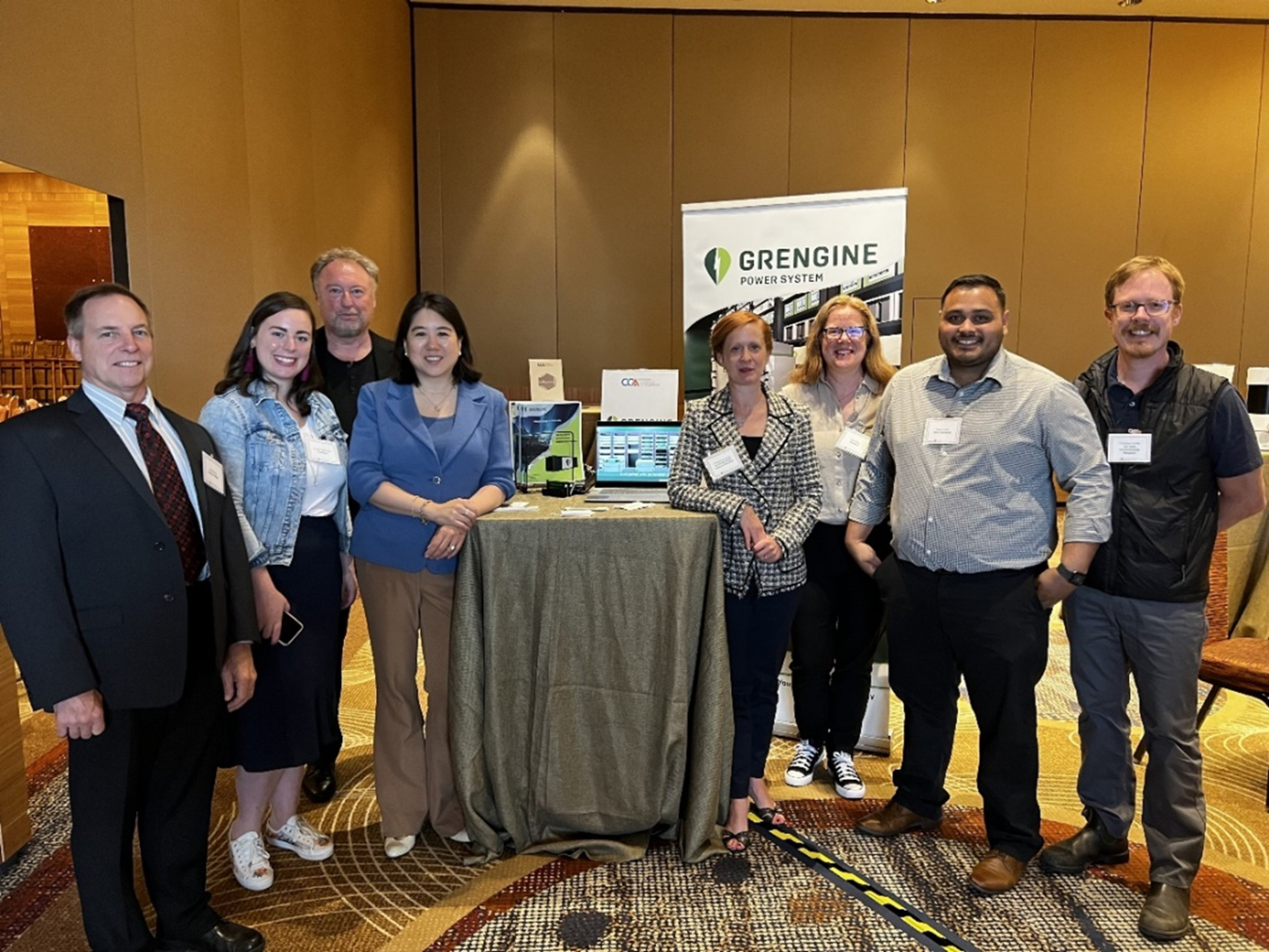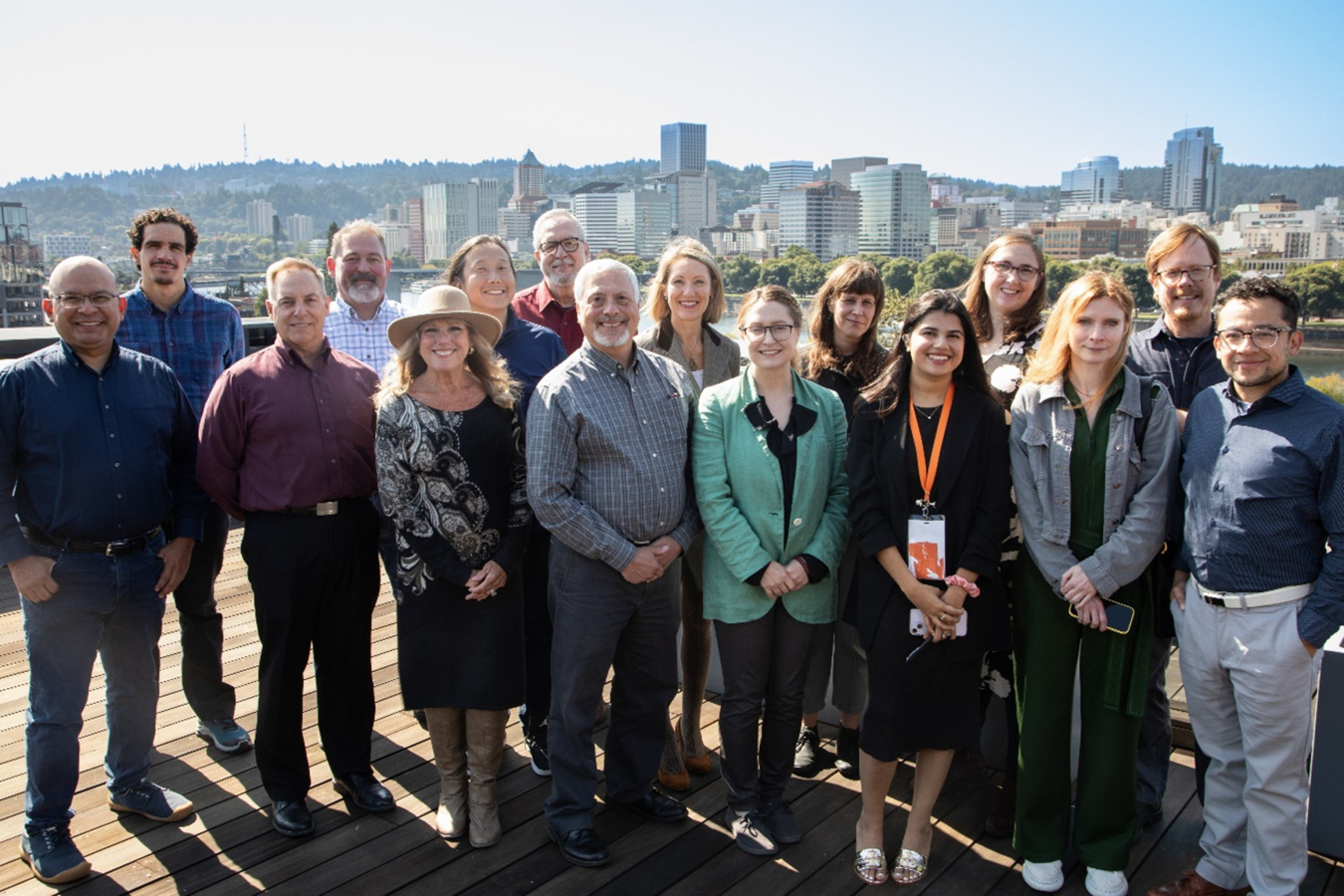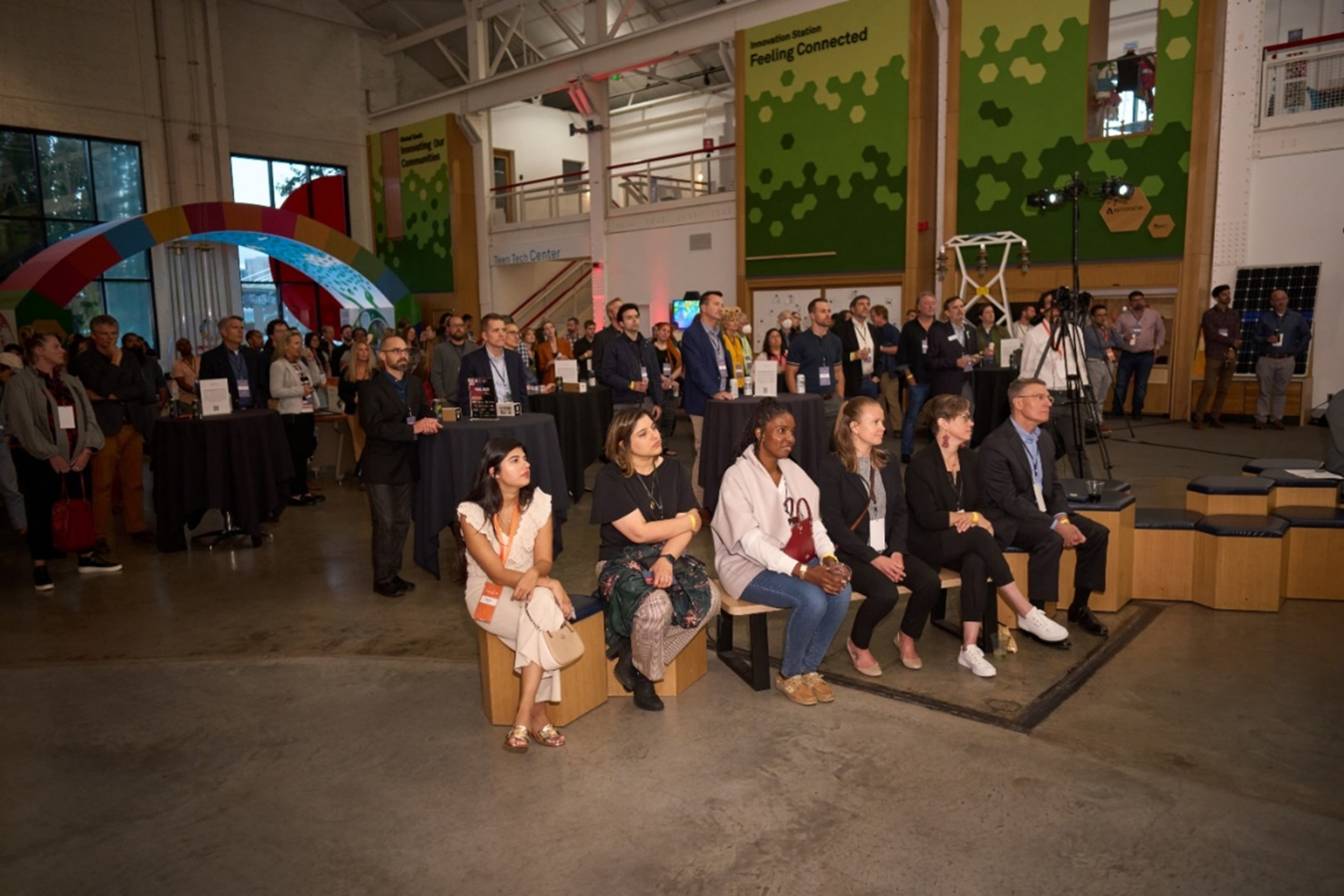The Northwest Cleantech Innovation Network (NWCIN), a collaborative initiative between VertueLab, CleanTech Alliance, and the University of Washington's Washington Clean Energy Testbeds, has leveraged a series of grants from the Office of Technology Transitions’ (OTT) Energy Program for Innovation Clusters (EPIC) to support the commercialization of early-stage cleantech startups across the Northwestern U.S. and Western Canada. Starting with a $50,000 award in 2020, and later receiving nearly $1 million in 2021, the network has expanded its offerings to include the Cascadia CleanTech Accelerator, Federal Funding Assistance program, Lab2Launch, and the Cleantech Hardware Innovation Prototyping (CHIP) program. To date, NWCIN has aided 36 companies in creating over 140 jobs, developing 44 prototypes, executing 33 demonstration projects, securing 9 patents, and filing an additional 17 patent applications, showcasing the significant impact of EPIC funding on regional cleantech innovation and startup support.
Office of Technology Transitions
February 26, 2024Energy Program Innovation Clusters Success Story
Introduction
The Northwest Cleantech Innovation Network (NWCIN) is a collaboration across VertueLab, CleanTech Alliance, and the University of Washington’s Washington Clean Energy Testbeds focused on providing comprehensive regional support to commercialize early stage cleantech startups in Oregon, Washington, Idaho, Alaska, and Western Canada. In October 2020, VertueLab and CleanTech Alliance were awarded $50,000 through the Office of Technology Transitions’ (OTT) Energy Program for Innovation Clusters (EPIC) program to expand a program called the Cascadia CleanTech Accelerator (see our initial conversation with the team here). In 2021, VertueLab in conjunction with CleanTech Alliance and the Testbeds received nearly $1 million to expand on their initial work and build out a regional consortium of services that make up NWCIN: the initial Cascadia Cleantech Accelerator, a Federal Funding Assistance program, Lab2Launch, and a Cleantech Hardware Innovation Prototyping (CHIP) program. To date, NWCIN has supported 36 companies, helping them create over 140 jobs, develop 44 prototypes, execute 33 demonstration projects, secure 9 patents and file an additional 17 patent applications.
We connected with Leon Wolf (LW), the Director of the Federal Funding Assistance Program at VertueLab, Michael Pomfret (MP), the Managing Director of the Testbeds, Rachelle Ames (RA), the VP of Economic Development at the CleanTech Alliance, and Abigail Hagan (AH) Project and Operations Manager at VertueLab, about how the EPIC funding has allowed the Northwest Cleantech Innovation Network to provide programming for all types of cleantech startups.
OTT: Tell us more about VertueLab and the original vision for the Northwest Cleantech Innovation Network.
LW: VertueLab was founded 15 years ago as an entity called Oregon Best and was originally an independent economic development group funded by the State of Oregon to commercialize and accelerate cleantech technologies for companies in Oregon. We have gradually moved away from that and in 2018, rebranded as VertueLab. We added a climate impact fund as well as a set of entrepreneurial assistance programs across the Northwest. One of the most successful programs, in my humble opinion, was our collaboration with the CleanTech Alliance to create the Cascadia Cleantech Accelerator and expand it with the support of the OTT EPIC Funding.
With NWCIN we wanted to build a broad regional consortium that could offer assistance to entrepreneurs with all their commercialization activities, product and tech development, business development, and access to funding. None of our organizations could do that alone and the idea with NWCIN was to have a much more institutionalized way of providing those wraparound services to amplify the boost that entrepreneurs get. NWCIN would build on the successes of the Cascadia Accelerator and formalize other partnerships.

OTT: Tell us more about the unique value proposition around NWCIN.
RA: Early-stage hardware entrepreneurs need a lot of resources and a lot of support, but they also need different things at different stages and timing. Putting on my CleanTech Alliance hat, we are only able to run some programs at specific times. The Cascadia CleanTech Accelerator, for example, only occurs once per year. By working together, we’re able to consistently provide more resources and open our network to facilitate hand-offs across markets and new connections.
The wraparound services and the ability to do both hardware prototyping and business acceleration is pretty unique. As part of our programming, we also coach people on how to apply for funding and introduce them to funders. And lastly, we also have a program called Lab2Launch that focuses on getting entrepreneurs aware of and access to more resources with our regional research institutions, from the University of Washington to Washington State University, as well as Pacific Northwest National Laboratory and Idaho National Laboratory. We also share our pipeline and ensure crossover of programs with the hardware acceleration program at Test Beds, the Cascadia Accelerator program, or the federal funding assistance program. We’d really like to see even more crossover to boost collaboration and it’s something we’re working on to track as a metric.
MP: And to jump in on the Testbeds side, we initially had a soft partnership with the Cascadia Accelerator to support prototype grants for companies that were going through the accelerator. And as we have grown in our operations and capabilities, it made us a good fit for a more formal partnership through the EPIC NWCIN program. NWCIN enabled us to establish the CleanTech Hardware Innovation Program (CHIP), which is our first funding stream to support founders and early-stage startups that don’t have existing funding. The goal is really to enable these companies to advance one Technology Readiness Level and build a platform to pursue more substantial venture investments or government grants. We have heard from CHIP companies that we have saved them hundreds of thousands or even millions of dollars in risky capital expenses.
Our facilities are unique not just in the Northwest, but across the U.S. as an academic organization with a strong industry focus. While we are tied to the UW and funded by the state, industry users including CHIP awardees can work in the Testbeds while keeping 100% of their IP, in contrast to other open-access facilities. Our industry partners find us to be a very accessible resource. If you look at our user numbers — we have more than 700 registered — we’re about 55% industry users and 45% university users.

OTT: What have you seen as a result of your programming?
AH: We have had 36 companies participate in NWCIN where 27 of those 36 teams have one or more members of their executive team from an underserved population. Overall, we’ve helped these teams create a total of 142 jobs and helped facilitate 24 partnership agreements with non-lab entities. Other key metrics include 44 prototypes developed, 33 demonstration projects, and 9 secured patents. Anecdotally, we have seen some of our companies such as AMPD.CAMP, a team developing technology for AI Guided Vehicle-to-Grid Energy Storage using RVs, participate in all four EPIC NWCIN programs.
RA: On the Cascadia Cleantech Accelerator side, we have seen more people from outside of the Northwest wanting to participate. I think that is in some part due to the notoriety of getting the EPIC award and people are finding us through the larger EPIC network as well.

OTT: Looking forward, what does your team hope to accomplish?
LW: We are focused on more cross-functional work and getting people engaged across multiple programs. We also want to get more traction with some of the Federal labs and the technology licensing opportunities there. We have some ideas on how to grow the program, especially now that we have a better understanding of the needs of various types of companies as they’ve gone through our programs.
The Energy Program for Innovation Clusters (EPIC) Prize recognizes the nation's most innovative incubators. Sponsored by the U.S. Department of Energy Office of Technology Transitions (OTT), the EPIC Prize awards cash prizes to regional incubator teams that submit the most creative and impactful plans, then implement those plans to develop strong clusters, connections, and support for energy startups and entrepreneurs. To learn more, visit Energy Program for Innovation Clusters | Department of Energy.
To learn more about the Northwest Cleantech Innovation Network, please visit NORTHWEST CLEANTECH INNOVATION NETWORK – Cascadia CleanTech Accelerator.

